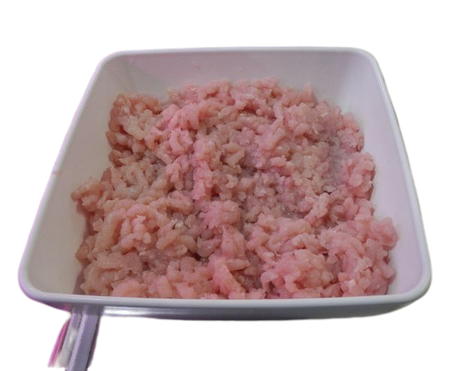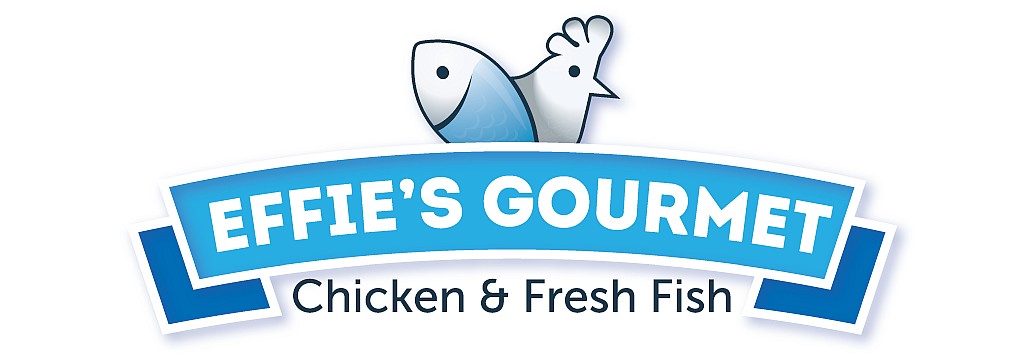Fresh chicken from Effie’s (hormone-free & Halal certified), poultry and Australian seafood direct from the market.
We are located at Coventry Village in Morley.

The best fresh chicken & market fresh Australian fish and seafood. We even have duck!
Store Policy:
No refunds after purchase for a change of mind as we have no control over temperatures etc. after items leave the premises.
Open 7 days a week 8 AM to 5 PM. Most public holidays we close at 4PM.
Christmas Eve. 8am to 4pm.
CLOSED: Christmas & Boxing Day.
New Year’s Eve. 8am to 4pm.
CLOSED: New Years Day and Easter Sunday.
SOME ITEMS ARE NOT AVAILABLE AFTER 4:30 PM, IE offal & frames.
Located in Coventry Village, Shop 184, 243 – 253 Walter Road West, Morley (Perth Metro), Western Australia 6062
Tel: 08 9375 1842
What is Halal?
Every religion has its own characteristics and rules. Many faiths also have their own dietary or consumables restrictions.
The word Halal is derived from the Arabic language and means ‘acceptable’ or ‘permissible’, relating to the source of the produce or ingredients, the cleanliness of premises, preparation methods and the final product.
Conversely, non-Halal (Haram) means non-permissible or unacceptable. “Halal” is similar to the concept of “kosher” food requirements under Jewish dietary law, and refers to food, drink and other consumables that Muslims consume as part of Islamic dietary requirements.
Because many food products may contain a combination of Halal and non-Halal ingredients, some food companies choose to have their products assessed for halal suitability in order for Muslims (locally or importing countries) to be able to clearly identify which products they may consume.
This does not affect the quality, nature, or taste of the product. Moreover, the Halal products must meet the relevant standards for food safety, quality, and nutrition.
How are the funds from halal certification used?
The service fees paid to Halal Australia for halal certification and accreditation are used to maintain the normal costs of running a registered business in Australia.
These include overhead costs such as utilities, rent, inventory and supplies, and employee salaries, as well as income taxes paid to the Australian government.
Inspection fees also include auditing services, which are undertaken to maintain quality control of the premises and products and which cover standard expenses such as service, transportation and travel time.

